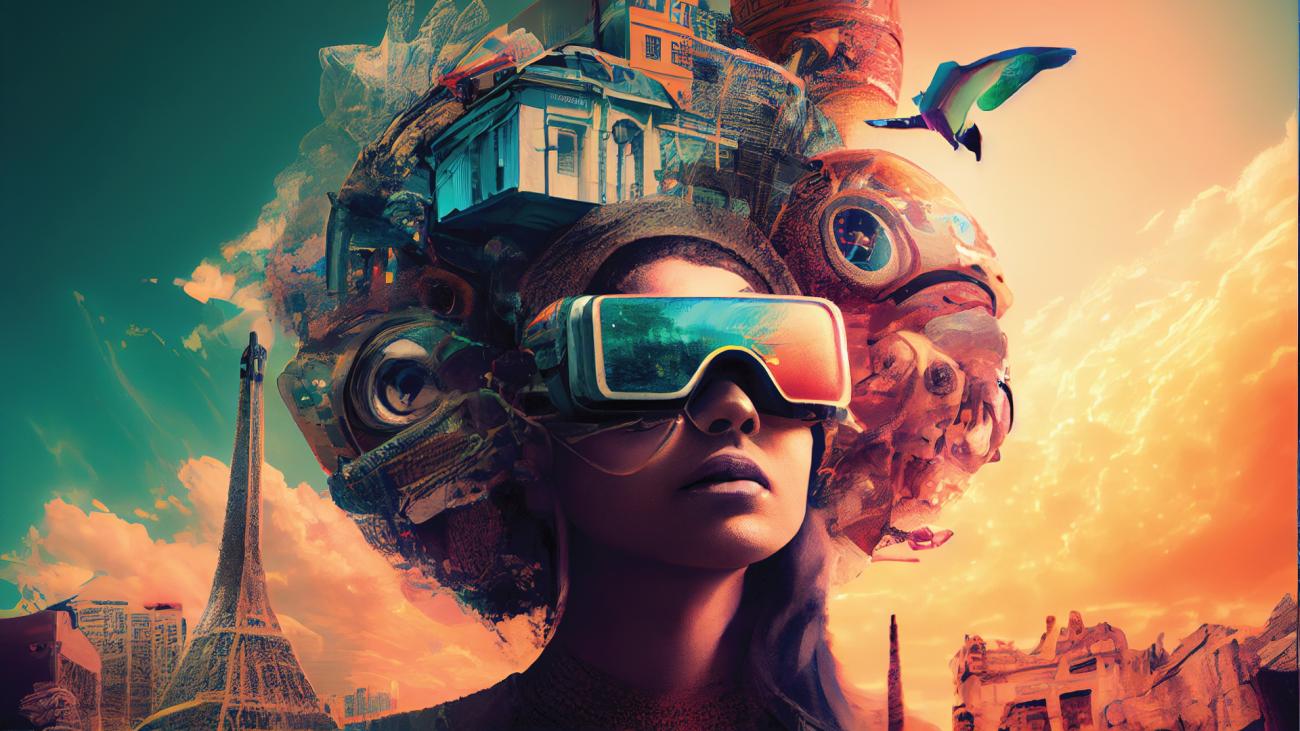People dislike AI art because it threatens their humanity: UBC study
Writing, photography, art, and music generated by artificial intelligence (AI) have been skyrocketing in popularity, but that surging success has also triggered an enormous backlash, with many rejecting AI art — and even asserting that its proliferation marks the beginning of the end for humanity.
So why do some people react so negatively to art made by artificial intelligence? According to a new study from the UBC Sauder School of Business, it’s because for some, it challenges what it is to be human.
For the study, which appears in the June 2023 edition of Computers in Human Behavior, researchers led a series of psychology experiments involving AI art. In one, participants were shown two paintings, and were told that one was generated by AI and the other was human-made; in another, they listened to two pieces of music, one supposedly created by humans and the other by AI.
In reality, however, both pieces of artwork that participants were asked to evaluate were created by either AI or a human. The researchers randomly labeled one of them as AI–made and the other one as human-made. Still, participants showed an overwhelming preference for artwork they thought was made by people.
“We found that there is a very pervasive bias against work made by AI artists,” says UBC Sauder PhD student Guanzhong Du (he/him), who co-authored the study with Kobe Millet and Michail D. Kokkoris from Vrije Universiteit Amsterdam and Florian Buehler at Vorarlberg University of Applied Sciences in Dornbirn, Austria.
“No matter which one is actually made by the human artist, people prefer the artwork that is labelled as human. They think it is more creative — and when they listen to music or look at paintings made by human artists, they think they are more awe-inspiring.”
To find out what’s driving the bias, the researchers tested whether the anti–AI sentiment was more pronounced in people with stronger “anthropocentric creativity beliefs” — that is, the belief that creativity is a uniquely human characteristic and distinguishes Homo sapiens from other species. They also measured the value of the artworks by asking participants which ones they would be willing to buy.
The results showed the bias against AI art is more pronounced in people who believe that creativity is a uniquely human characteristic, and that they were willing to pay more for works they believed were generated by humans.
“For those people, learning that AI can also be creative may be very threatening, because it challenges their worldview about what human beings are,” Du says. And the bias isn’t a matter of personal taste, he adds.
“It’s not like some people prefer Coke and some prefer Pepsi. It represents a deeper philosophical question about our understanding of human identity,” Du says. “What makes human beings unique as a species? What differentiates us from others? And what is our place in the universe?”
Artificial intelligence is already woven into everyday life, found in everything from chatbots to autocorrect to digital assistants like Siri and Alexa.
More recently, works made by AI art generators have swept social media. AI art also made headlines when a song featuring vocals by what sounded like music megastars Drake and The Weeknd went viral, raising alarm bells about creativity and ownership for artists and record companies.
The study is the first of its kind to link people’s aversion to AI art with speciesism and anthropocentrism, and their view that digital works threaten “the last fortress of human supremacy arguments, artistic creation.”
Du predicts that in the future, we will encounter more and more AI art. He also believes we should be aware of the human bias the study exposes, and embrace AI–generated art rather than resist it.
“We should learn to appreciate the beauty and the creativity of AI. Because if we leverage AI, if we work with AI, maybe we can better develop our own creativity. Maybe we can collaborate with AI, and achieve something we cannot achieve alone,” he says. “But if we are unaware of our bias against AI, that is not possible.”
































